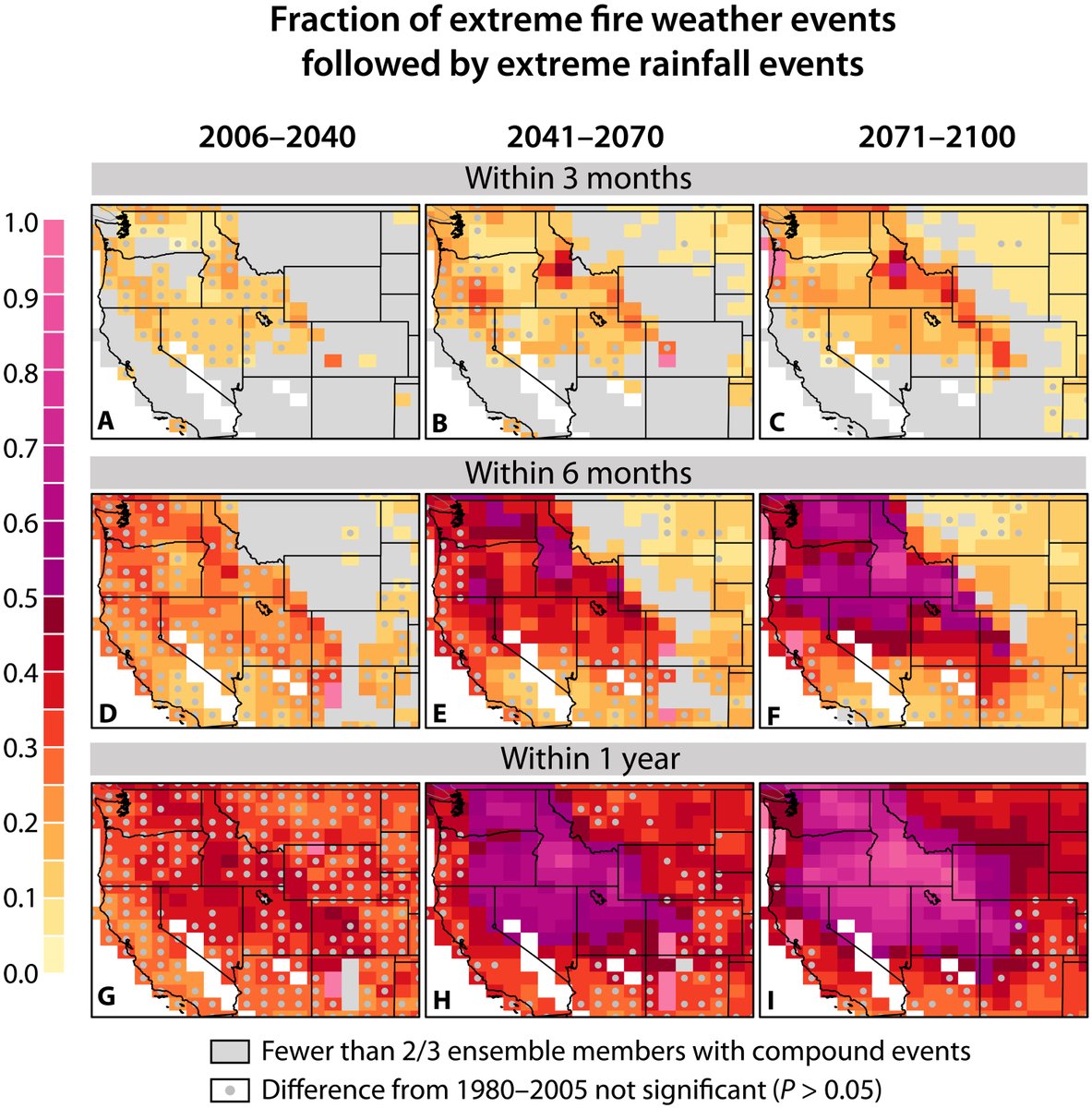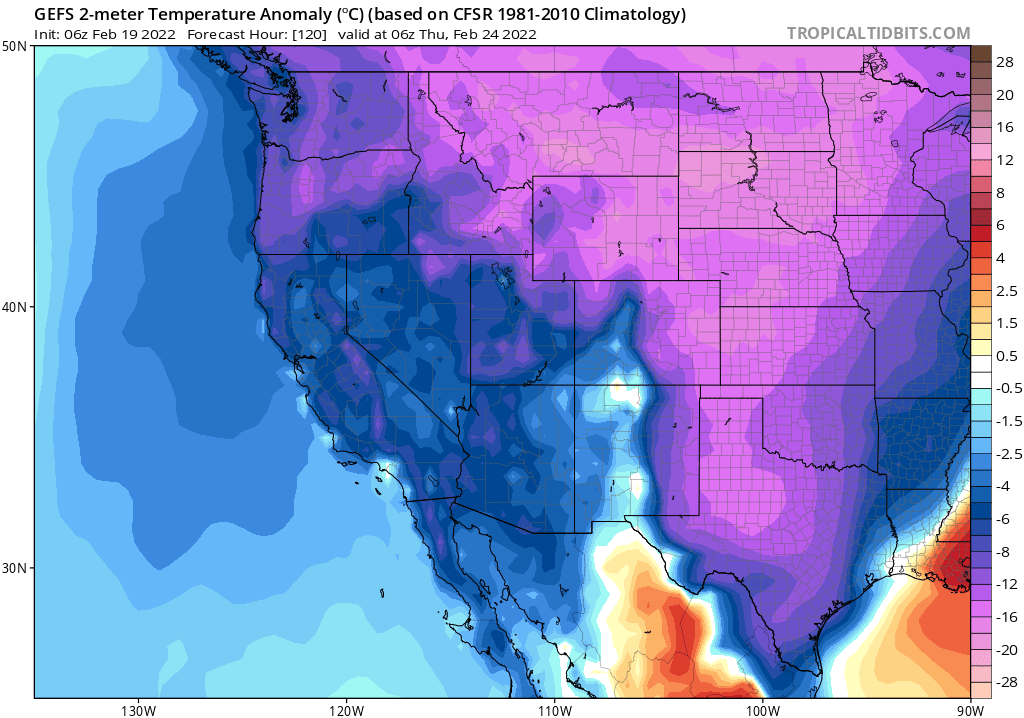
This was, by any quantitative measure, an extraordinary (and meteorologically extreme) lightning event across the southern half of California. But the societal impacts will be nowhere as severe as the dry lightning event in August 2020? Why? A brief thread: #CAwx #CAfire
https://twitter.com/COweatherman/status/1539970993250193409
First, & most importantly, the June 2022 thunderstorms were generally significantly wetter than the Aug 2020. Yesterday, most of these cells brought at least brief rains (and sometimes downpours). There were certainly dry strikes outside of rain cores, but most strikes were wet.
The June 2020, by contrast, were truly dry thunderstorms--many places only saw a trace of rainfall or nothing at all. Even a modest amount of rain co-occurring with lightning can greatly reduce (though not eliminate) the likelihood of a lightning-caused wildfire ignition.
Second, June 2022 event occurred much earlier in calendar year (& much earlier in fire season). Ecologically, that matters: vegetation simply isn't as dry right now as it will be closer to fire season's peak (in Aug-Oct). That further reduces ignition rate from lightning strikes.
The Aug 2020 event also occurred immediately following a prolonged, record-breaking heatwave in the most affected region. The Jun 2022 event occurred after a brief and modest heatwave--further reducing the relative risk of ignitions compared to 2020.
I think there are a couple of important lessons that can be drawn. First, vegetation aridity truly matters. It's not just a binary "dry enough to burn vs. not dry enough to burn switch." It's a gradient, and where vegetation falls along that gradient greatly affects outcomes.
This, BTW, is the main reason why #ClimateChange is so profoundly altering California and Western fire regimes--it's shifting the background state toward progressively increased flammability via aridification of the landscape amid increasing evaporative demand.
Second, I am seeing folks saying "We got so much more lightning this time & yet outcome was so much less dire! This is because we've learned so much since 2020 and have much better fire response/management procedures!). As much as I wish that were true, I could not disagree more.
My alternative explanation? We got lucky. These were not really comparable events for the meteorological/ecological reasons discussed above. Had this occurred with slightly drier storms, a month or two later in fire season, I think we'd be having a very different conversation.
And finally: there were still at least several dozen new fire ignitions from lightning yesterday, & I'd expect more than a handful of "holdovers" to pop up today or tomorrow as things warm up. Some of those could still potentially pose problems, though I bet not on a large scale.
This should read *August* 2020 and June 2022 in all instances. Sorry about that!
• • •
Missing some Tweet in this thread? You can try to
force a refresh











